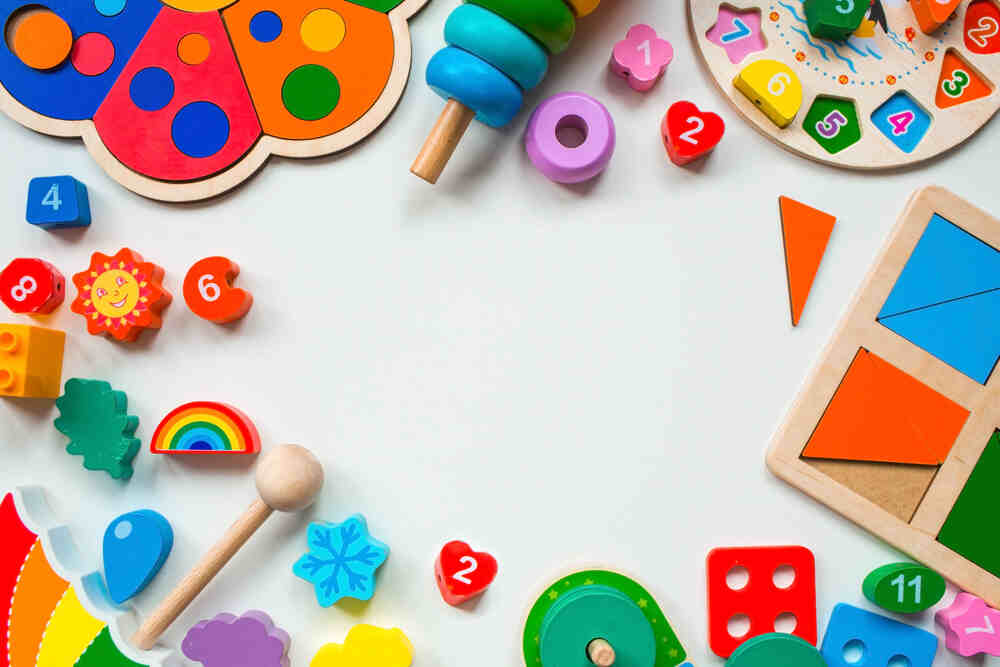Self-directed learning is a cornerstone of the Montessori key principles. This approach emphasizes independence, curiosity, and a love for learning. In this article, we’ll explore what self-directed learning is, how it is implemented in Montessori education, and the benefits it offers to children.
Understanding Self-Directed Learning
Self-directed learning refers to a process where individuals take the initiative to diagnose their learning needs, set goals, identify resources, and evaluate their progress. In the context of Montessori education, children take charge of their own learning journey.
Key Elements of Self-Directed Learning in Montessori
- Choice and Autonomy: Children have the freedom to choose their activities and work at their own pace. This autonomy helps them develop decision-making skills and a sense of responsibility for their education.
- Prepared Environment: The Montessori classroom is designed to facilitate independent learning. It includes a variety of learning materials that are accessible and appealing to children, allowing them to explore and learn naturally.
- Role of the Teacher: In Montessori education, the teacher acts as a guide rather than a traditional instructor. They observe the children and provide support when needed, fostering an environment where students feel safe to take risks and make mistakes.
- Intrinsic Motivation: Montessori education encourages children to develop a love for learning driven by curiosity and interest rather than external rewards or pressures.


Benefits of Self-Directed Learning in Montessori Education
Promotes Independence
Self-directed learning fosters independence in children. By making choices and managing their own learning activities, children become more self-reliant and confident in their abilities.
Encourages Lifelong Learning
When children learn to take control of their education, they develop a lifelong love for learning. This intrinsic motivation ensures they remain curious and engaged throughout their lives.
Develops Critical Thinking and Problem-Solving Skills
Through self-directed learning, children encounter various challenges that require them to think critically and solve problems independently. These skills are essential for success in all areas of life.
Enhances Creativity
The freedom to explore and choose activities allows children to express their creativity. Montessori classrooms often include arts, crafts, and other creative outlets that encourage imaginative thinking.
Builds Self-Confidence
When children see the results of their independent efforts, they gain confidence in their abilities. This self-assurance is crucial for personal and academic growth.
Implementing Self-Directed Learning in Montessori Classrooms
Creating a Prepared Environment
A key aspect of Montessori education is creating an environment that supports Independent learning. Classrooms are equipped with a variety of learning materials that cater to different interests and developmental stages.


Providing Guidance and Support
While children are encouraged to be independent, teachers in Montessori classrooms provide guidance and support. They observe students’ progress, offer assistance when needed, and help set achievable goals.
Encouraging Reflection
Reflection is an important part of Student-centered learning
Conclusion
Self-directed learning in Montessori education is a powerful approach that nurtures independence, creativity, and a love for learning. By allowing children to take charge of their education, Montessori schools help them develop essential skills that will benefit them throughout their lives. Whether you are a parent, educator, or simply interested in educational philosophies, understanding the principles and benefits of Independent learning can provide valuable insights into fostering a positive and effective learning environment.






